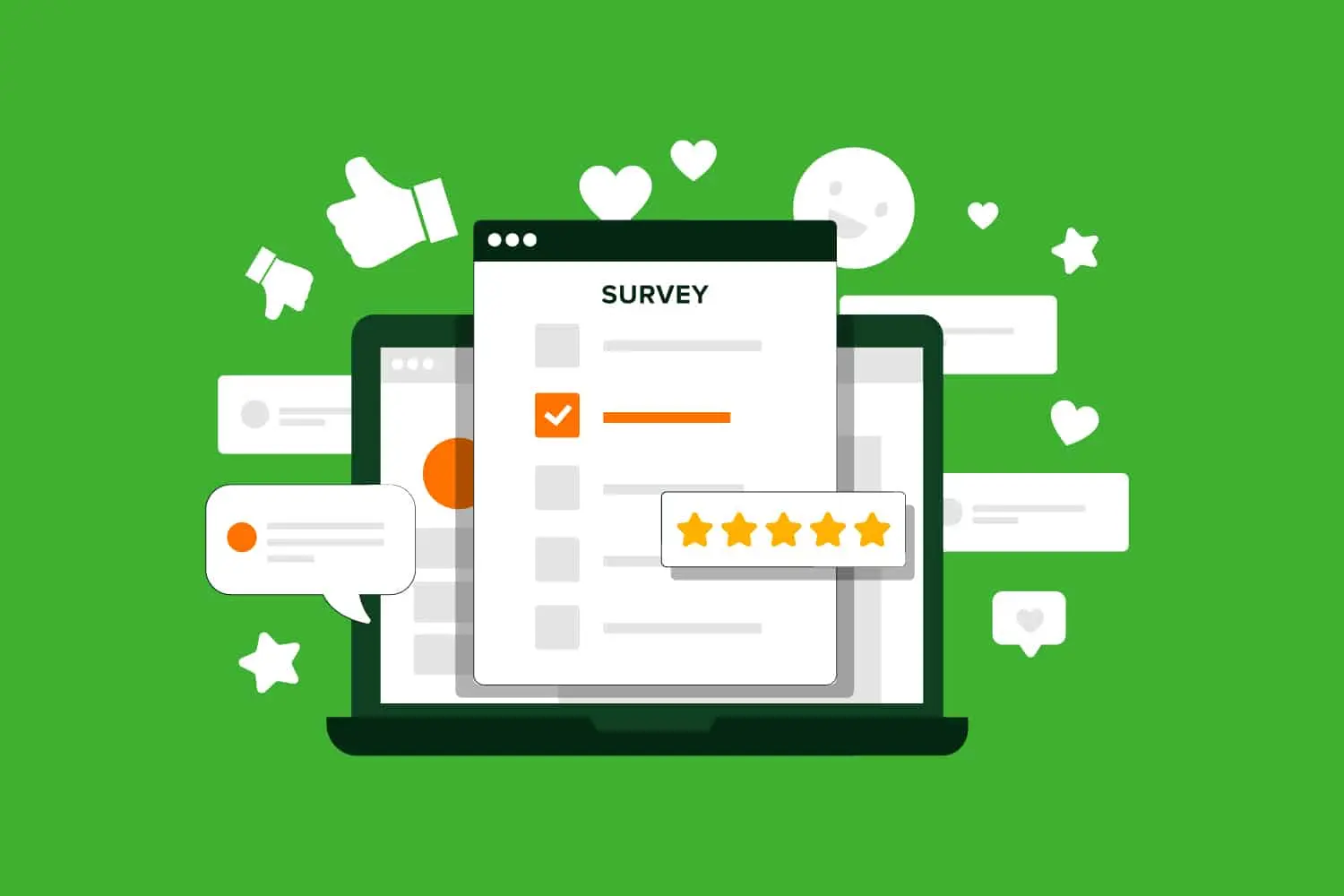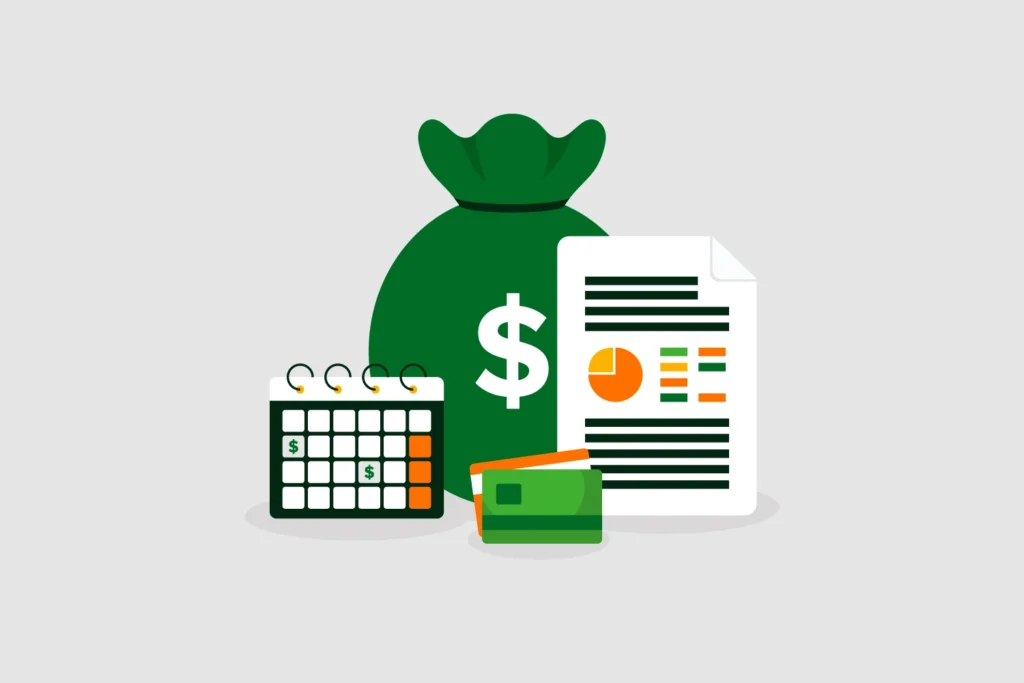Disclaimer: The articles published here on the City of Eau Claire Economic Development Division website are meant to be a helpful starting point as you explore doing business in our community. They’re not the final word on requirements or what’s best for your unique situation. We always recommend checking in with legal, financial, or other professionals for advice tailored to your business.
Eau Claire, Wisconsin is a community that’s known for fiercely supporting homegrown ideas, local flavor, and entrepreneurs with big dreams. But before you dive headfirst into launching your new business venture here, there’s one crucial step you can’t skip: talking to your potential customers.
You’ve probably heard the phrase “know your market,” but what does that actually mean? In plain terms, if you’re planning to open a business here, you need to find out if people will want whatever it is you want to offer. The good news is there are a bunch of ways to do that without coming up with a big research budget or hiring a consultant.
Here’s a list of practical, approachable ways you can survey potential customers before opening your doors.
Start with Your Personal Network
Before you pitch your idea to strangers or set up longform surveys, begin with the people who already know you. Your personal network—family, friends, former coworkers, neighbors—is a goldmine of honest feedback and early support. Don’t underestimate how valuable their insights can be.
This approach is especially helpful in Eau Claire, where word-of-mouth and community connections are strong thanks to our size. A quick message on Facebook or a group text can lead to surprisingly useful conversations.
When you send off your message, share your business idea in a clear and simple way, and ask a few targeted questions:
- “Would this be something you’d use or buy?”
- “How much would you pay for something like this?”
- “Do you know anyone else who might be interested?”
Keep it short and personal. The goal isn’t to pitch them as customers (yet); it’s to see how your idea resonates with them. As you do, you’ll also start to notice patterns. If five people tell you your pricing is off or your product sounds confusing, that’s valuable input to take back to the drawing board. And don’t forget: Your network can help you reach even more people. Ask if they’d be willing to forward your short survey to others, especially folks who match your target customer profile.
💡 Quick Tip: Use a free tool like Google Forms or Typeform to create your survey (3-5 questions max). Then, drop the link in a message while keeping the intro friendly—something like, “Hey! I’m thinking about starting a new business and would love your honest opinion. It’ll only take 2 minutes!”
Use Local Facebook Groups & Online Communities
Eau Claire, Wisconsin has a pretty active online scene, especially in local Facebook groups. Whether it’s What’s Happening In Eau Claire or niche interest groups like Eau Claire Foodies or Moms of the Chippewa Valley, there’s probably a space where your target audience is already hanging out.
These groups are ideal for casually surveying potential customers if the rules allow it. Start by joining a few that align with your business idea, then spend a few days getting a feel for the tone and what people are talking about. When you’re ready, write a short, authentic post introducing yourself and your idea. Be upfront that you’re doing research and that you value their opinions.
Here’s an example of what you might say:
“Hi everyone! I’m a local Eau Claire resident working on a new idea for a mobile dog grooming service (Think: convenient, stress-free grooming at your doorstep). Would you mind taking a quick 2-minute survey to help me learn what local pet parents want? Thank you so much!”
Be genuine, polite, and respectful of group rules. Avoid sounding overly promotional too. Most people are happy to support a local entrepreneur, especially when you’re clearly looking to serve the community better. Also, don’t be discouraged if engagement starts slow. It often takes a few posts or comments to build visibility, especially in more active groups.
💡 Quick Tip: Offer something useful in return to those who follow through with answering your questions, like early access, a behind-the-scenes look at your launch, or a chance to help shape your product. People love to be part of the creative process!
Tap into the Power of Local Events
If you want to connect with real people, in real time, there’s no better place than one of Eau Claire’s many community events.
Depending on the event, each attracts a great mix of Eau Claire residents—families, students, young professionals, retirees—and visitors throughout the region, making them ideal for gathering feedback from a broad audience. Reach out to the organizers to snag a booth or partner with an existing vendor, then have a clipboard or tablet ready with a sign that says something like, “Help a Local Entrepreneur: Take a 1-Minute Survey & Share Your Thoughts!”
The vibe at most events is friendly and supportive, so people are often happy to chat, especially when you’re clearly local and passionate about your idea. Use a casual and conversational approach. It’s not a sales pitch; it’s a learning moment.
Ask questions similar to:
- “What types of new businesses would you love to see in Eau Claire?”
- “Have you ever used [insert your business idea]?”
- “What would make that experience better?”
You’ll get honest, real-time responses and maybe even meet your first future customer.
💡 Quick Tip: Bring a friend along to help! One person can chat while the other keeps track of answers or watches your table. You’ll collect more responses and feel more confident engaging with strangers if you’re not flying solo.
Ask Local Business Professionals or Community Leaders
You don’t have to go it alone in a community like Eau Claire, where people in our business community genuinely want to see local entrepreneurs succeed. One of the smartest moves you can make before launching your business is to sit down with someone who’s either already walked a similar path or works directly with other business owners day in and day out.
Think bankers, commercial real estate agents, accountants, insurance advisors, business consultants, Chamber of Commerce staff, and economic developers—these folks have a front-row seat to our region’s small business ecosystem. They know what types of businesses are opening, which ones are struggling, what customers are asking for, and where the market may be saturated or underserved. Many of them are also more than willing to offer insight, especially when they know you’re serious about starting something new.
Reach out and ask for an hour of their time to learn about local trends, customer behavior, and what they’ve observed in your industry. Their experience with a wide range of business clients can offer perspectives you won’t find from a Google search.
If you’re feeling brave and want to get your idea in front of a group of professionals, you can also check out:
- 1 Million Cups Eau Claire – This is a weekly gathering where entrepreneurs present their business ideas and get feedback from fellow business owners, professionals, and community supporters. Even if you’re not ready to present, attending gives you a chance to network and hear how others think through business challenges.
- The Idea Challenge – This annual competition, hosted by the Eau Claire Area Economic Development Corporation, is a fantastic opportunity to pitch your idea, gain valuable feedback, and possibly win seed funding. Even just applying forces you to clarify your concept and start talking to the right people.
💡 Quick Tip: Before a meeting, prepare 3-4 thoughtful questions to guide the conversation (e.g., “What trends are you seeing in [your industry] locally?” or “Are there common mistakes new business owners make when entering the Eau Claire market?”). You’ll make a great impression and will likely walk away with actionable advice.
Host a Pop-Up or Pre-Sale
Once you’ve collected enough feedback about your hypothetical idea, it’s time to see how your concept performs in the real world even if it’s just on a small scale. Surveys and interviews are incredibly helpful, but there’s nothing like watching how real people respond when it’s time to try or buy what you’re offering.
Enter: the pop-up shop, pre-sale, or soft launch.
If you’re starting a product-based business (clothing, home goods, or food), consider setting up a pop-up booth at a local event or market. For example, the Eau Claire Downtown Farmers Market and any of the many holiday pop-ups hosted at various parks and businesses are all great options. This lets you test packaging, pricing, and customer reactions all while building awareness.
If your business is more service- or subscription-based, try launching a pre-sale or pilot program. For example:
- A fitness trainer could offer a 2-week bootcamp before opening a full studio.
- A tech entrepreneur could release a “beta” version to 10 local users for feedback.
- A subscription box startup could do a single test run with early adopters.
This stage doesn’t have to be perfect. In fact, it shouldn’t be. You’re gathering real-world data, identifying kinks, and adjusting based on experience. Think of it as a low-pressure rehearsal that can help you fine-tune your offering before you invest more money or go all in. And another bonus: By launching a small version of your business early, you also start building a base of loyal customers, people who feel invested in your journey and are more likely to spread the word once you officially open.
💡 Quick Tip: Frame your test run as an “exclusive preview” or “early access opportunity” for locals. This makes people feel special and gives you valuable feedback from those most excited to support a new local venture.
Bottom Line
Gathering feedback doesn’t have to be complicated or expensive. With a little curiosity and some thoughtful conversations, you can uncover what people actually want before you invest too much time or money into a new venture. No matter what kind of business you’re dreaming up, your future customers are closer than you think. Go find them, and let their feedback help shape something truly valuable.
Article Cover Illustration by Freepik





